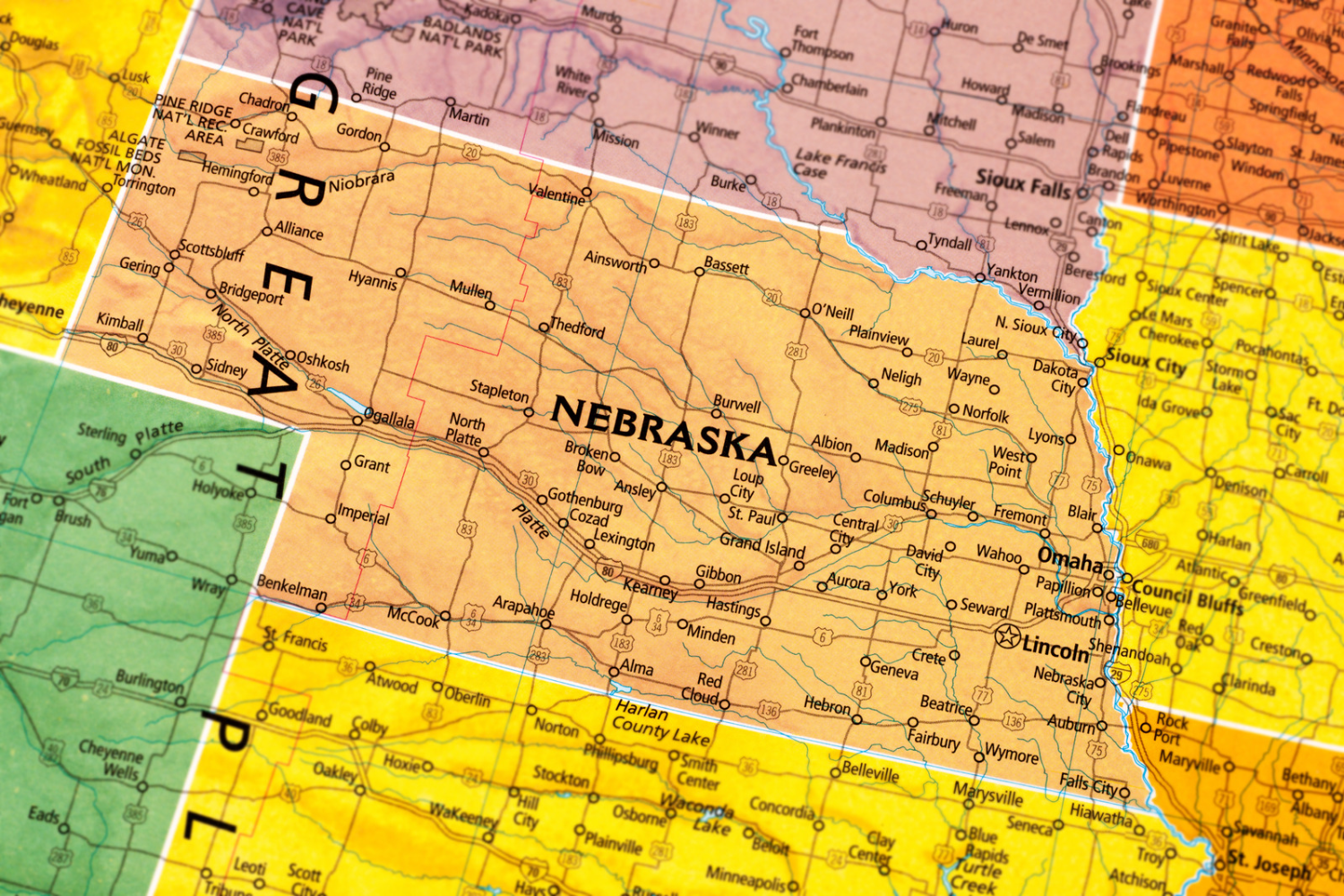HTI Labs is pleased to announce the release of our report, “Who is not served: Barriers to helpseeking for sexual violence survivors in rural Nebraska” which was commissioned by the Nebraska Coalition to End Sexual and Domestic Violence. Throughout this report, we investigate the extent to which Nebraska survivors of sexual violence seek out services from domestic violence and sexual assault (DVSA) programs serving rural communities as well as the factors surrounding survivors’ decisions to seek out help. Our primary conclusion is that the vast majority of sexual violence survivors do not seek out help from local DVSA programs, with estimates suggesting that less than 3% of annual contact sexual violence survivors seek help from local DVSA programs. While rape survivors were understood to be more likely to seek help than survivors of other forms of contact sexual violence, estimates suggest that fewer than 14% of annual rape survivors seek help from local DVSA programs.
A variety of factors were identified as making helpseeking more difficult, including various attributes of “small-town” environments (i.e. issues of confidentiality, fears of repercussion, and social connections enjoyed by perpetrators) as well as survivors interpreting their victimization experiences as not relevant to the scope or mission of their local DVSA program.



